Ancient China Recorded a number of rebellions as states tried to hold on to power and the nation attempted to widen and increase its boundaries, and the Taiping Rebellion is one of the rebellions that’s well-known and written about to date.
What Was The Taiping Rebellion?
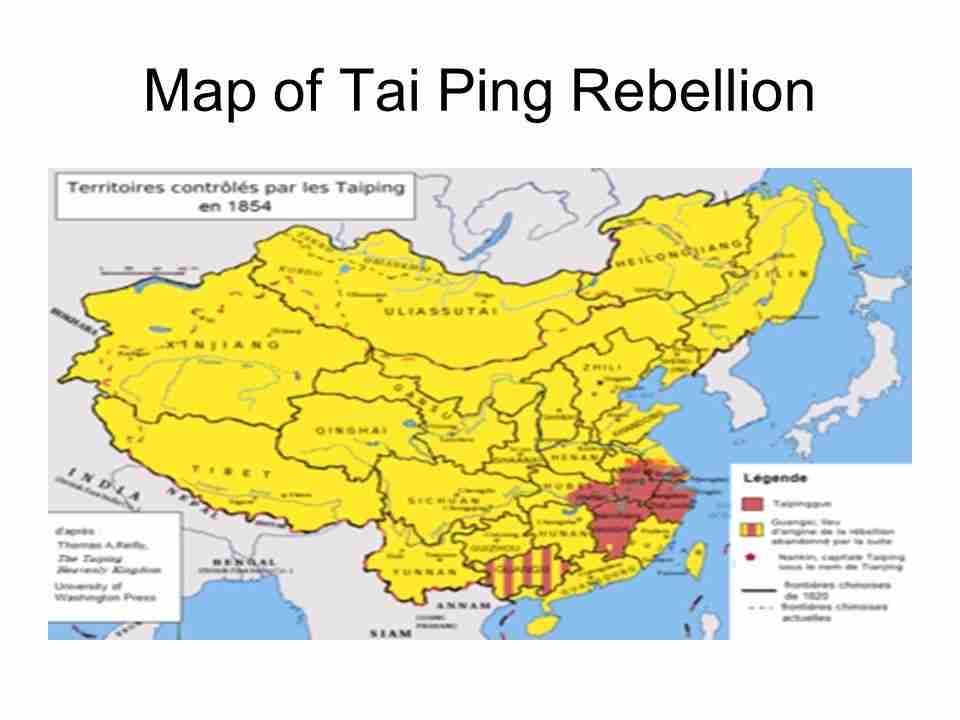
The Taiping Rebellion, also known as the Taiping Civil War or the Taiping Revolution, was a massive rebellion and civil war that was waged in China between the Manchu-led Qing dynasty and the Han, Hakka-led Taiping Heavenly Kingdom. Essentially, the Taiping Rebellion was one of the biggest revolts launched against the Qing Dynasty in China. This revolution involved immense fights guided by specific religious convictions over the existing economic conditions regionally, and it lasted from 1850 to 1864.
This rebellion was led by the Taiping forces, which run pretty much like a cult, and the group was known as the God Worshipping Society and was led by the self-proclaimed prophet known as Hong Xiuquan. The rebellion resulted in even bigger rebels that went on to seize the city of Nanjing, and they maintained a hold over the city for an entire decade. However, the rebellion eventually failed, but by this time, more than 20 million people had lost their lives.
Taiping Rebellion History
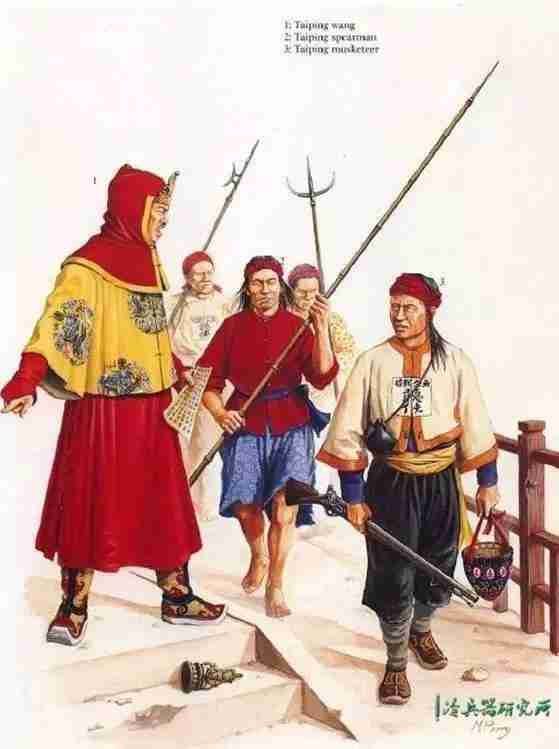
The Taiping Rebellion was a very radical religious and political upheaval that took place in China in the 19th century, and it is considered one of the most significant events to have happened in China. It lasted 14 years, ravaged 17 provinces, and, as mentioned above, took the lives of at least 20 million Chinese people, altering the rule of the Qing Dynasty irrevocably.
The rebellion led by Hong Xiuquan, a deeply disappointed civil service examination candidate who was influenced by the Christian teachings, is said to have started the rebellion after he received several visions and also believed that he was the true son of God and, more importantly, Jesus Christ’s younger brother who had been sent to China to reform the nation. These visions are said to have had him in a feverish state, and he hallucinated on a journey that led him to the heavenly land located in the East, where his father supposedly revealed the existence of demons destroying mankind. With this belief, and with the help of a friend known as Feng Yunshan, who used Hong’s ideas, they formed the new religious group, Bai Shangdi Hui or God Worshippers’ Society. The group was initially formed among the impoverished peasants who lived in Guangxi province. Then in 1847, Feng and Hong joined hands with the God Worshippers, and in 1850, the rebellion formed. On 1st January 1851, Hong made a proclamation for his new dynasty, the Heavenly Kingdom of Great Peace or Taiping Tianguo, assuming the title of the Heavenly King or the Tianwang.
The rebellion’s guiding principle was the common sharing of the property. This ideal and driving principle of the rebellion was attractive to many of the famine-stricken peasants, miners, and workers. The rebellion’s propaganda was also against China’s foreign leaders or the Manchu leaders. Within a very short time, the Taiping ranks swelled, and they increased in numbers overnight, from just a small ragged band made of several thousand rebels to at least 1 million very disciplined and extremely zealous soldiers, who were organized into separate divisions for men and women.
The rebellion swept through the north of China, through the fertile valley of the Yangtze River, also known as Chang Jiang, reaching as far east as the Eastern City of Nanjing, which happened in 1853 (March 10th) when they captured this city. Here, the Taipings halted their activities and renamed the city of Nanjing, Tianjin, or the Heavenly Capital. After, they dispatched one of their expeditions north, and they captured Qing Capital located in Beijing. This expedition failed, but they did not give up, sending another expedition into Upper Yangtze Valley, where they scored many victories.
In the meantime, Yang Xiuqing, who was the Taiping Minister of state, tried to usurp most of Tianwang’s power, and consequently, thousands of his followers were slain. Then the general who killed Yang, Wei Changhui, grew haughty, and this forced Hong to have him murdered too. Afterward, another Taiping general known as Shi Dakai abandoned Hong fearing for his life. During his exit, he left with many of the Taiping followers.
Then in 1860, as the Taipings attempted to regain their strength through the Shanghai takeover, they lost because they were stopped by a more powerful force, the Ever-victorious Army, which was western-trained and led by Frederick Townsend Ward, an American adventurer, who was later replaced by Charles George (“Chinese”) Gordon, a British officer. This gentry rallied support in support of the more successful rebellions, was alienated by the Taipings’ Anti-Confucianism radical group, as the rebels reorganized under Zeng Guofan’s leadership. Zeng Guofan was an official of the Chinese government at the time under the Qing dynasty.
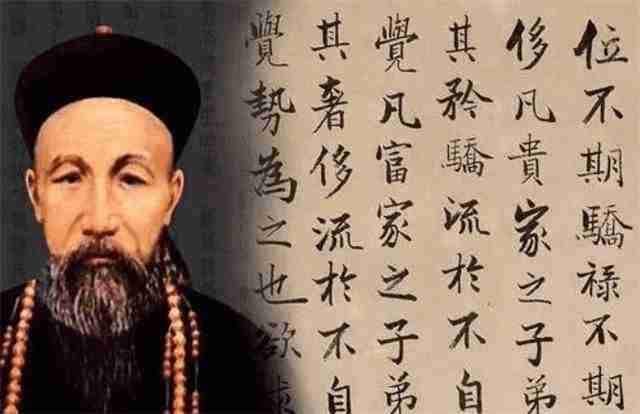
By 1862, the rebel leader Zeng not only managed to surround the whole of Nanjing but successfully took over, and the city fell in July 1864. But Hong was ailing at the time, and he still refused all the requests he had received to flee the city. He then committed suicide in June, but before doing this, he’d installed his son, at 15 years, to be the Tianwang. These events marked the eventual end of the rebellion’s time, and despite there being sporadic resistance from the Taiping until 1868, they were practically defeated by 1864.
When Was The Taiping Rebellion?
The Taiping Rebellion was between 1850 and 1864(1868).
When Did The Taiping Rebellion Start?
The Taiping Rebellion started in 1850
When Did The Taiping Rebellion End?
It ended in 1864 when the rebellion lost control of their city of Nanjing, but they didn’t really give up completely until 1868, when the rebellions were over completely.
Where Did The Taiping Rebellion Start?
The Taiping Rebellion started in China’s southern province of Guangxi as the Manchu-led Qing dynasty’s officials led campaigns for the persecutions of the religious people, specifically against the God-worshipping Society.
Where Did The Taiping Rebellion Take Place?
This rebellion that lasted over a decade took place across pretty much all of the mid and also the lower Yangtze Valley. The rebellion would ultimately devolve into a full-blown civil war that was not just larger than the 1644 Manchu Conquest of China but also World War I.
Who Led The Taiping Rebellion?
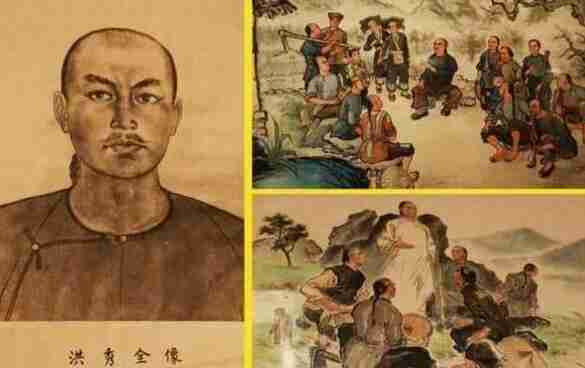
This rebellion was led by commander Hong Xiuquan, who was ethnically Hakka (part of the Han Subgroup) and also a self-proclaimed follower and brother of Jesus Christ. He was led by his nationalist, religious, and deeply political goals, which he believed would result in the conversion of the Han people to Christianity, specifically, the Taiping’s Syncretic version of the Christian religion. The ultimate goal and his real motive were to overthrow the Manchu leadership that was the Qing Dynasty, leading to a complete state revolution.
Who Won The Taiping Rebellion?
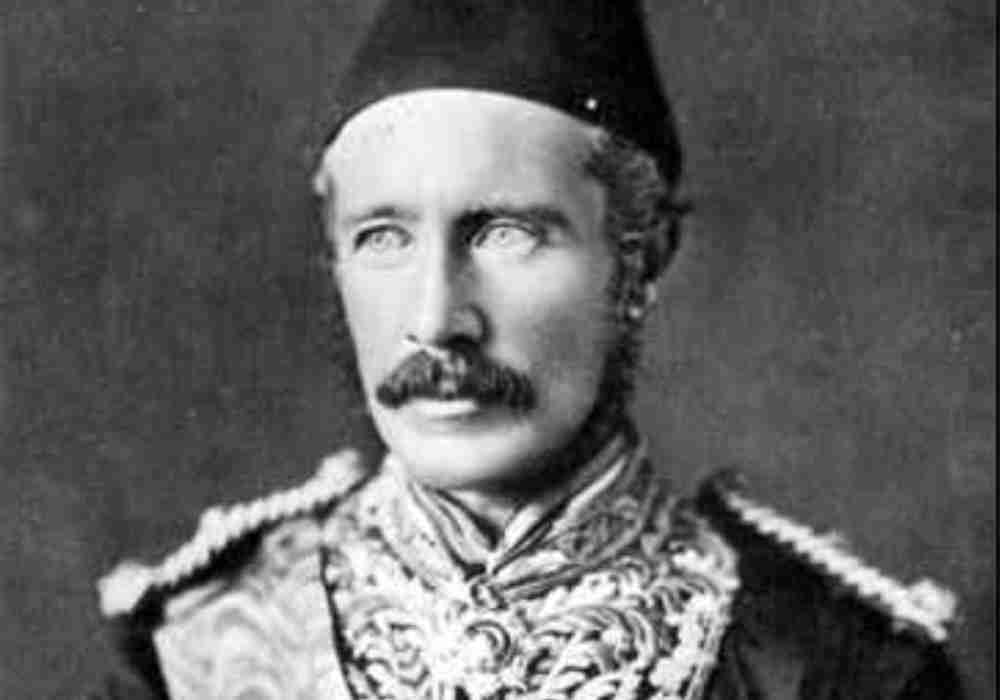
The rebellion was defeated by the Qing Dynasty’s armies in 1864 when the government quelled the rebellion with the help of well-trained armies commanded by foreign military commanders like Frederick Townsend Ward, who worked closely with Albert-Édouard Levieux de Caligny, a French Diplomat commanding the Ever Victorious Army, and later Charles George Gordon, whose military forces defeated the Taiping Rebels. This gentry rallied support in support of the more successful rebellions, was alienated by the Taipings’ Anti-Confucianism radical group, as the rebels reorganized under Zeng Guofan’s leadership. Zeng Guofan was an official of the Chinese government at the time under the Qing dynasty.
How Did The Taiping Rebellion Start?
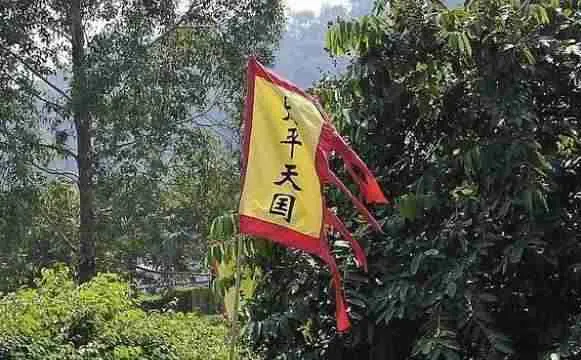
The rebellion started when Hong Xiuquan, who was born in 1814, failed his Confucian-based civil service examinations on multiple occasions. On his return home in 1837, he fell ill. He was very feverish and had hallucinated. The hallucinations had him travel to a heavenly land far East where it was revealed to him that there were demons destroying humankind. And it was up to him, Jesus Christ’s brother, to save mankind. In this land, he wielded his special sword, and alongside his brother, fought the King of Hell and the demons. He remained in heaven after this battle alongside his wife and even had a child later. He returned to earth later, where he got the title of Heavenly King, Lord of Kingly Way. When he finally woke up, he shared this take with his family, copied the poems he’d written in heaven, and obviously, everyone thought he had gone mad. His family noted that when he was hallucinating, he yelled about demons and claimed to be China’s emperor, and he’d sometimes leap out of bed in a combat-ready stance.
He failed his exams again later in 1843 but encountered the words of Jesus that further convinced him he was the son of God, and this led him to start the religious rebellion for reforms in China.
Why Did The Taiping Rebellion Happen?
It started because of Hong’s religious convictions, the vision, and the fact that their beliefs were centered on the Old Testament, which was all about the wrath of God.
How Did The Taiping Rebellion End?
It ended because the Qing dynasty had a stronger army, and the Taiping army weakened.
Why Did The Taiping Rebellion Fail?
It failed because the commanders wanted more and were executed by Hong. Wei Changhui was also executed, and the next commander, Shi Dakai, fled with most of Hong’s followers.
What Caused The Taiping Rebellion?
Aggression against the government and Confucian beliefs, as well as the fact that Hong had failed many of the Confucian exams he needed to pass to be an official of the government.
How Many Died In The Taiping Rebellion?
Over 20 million people died.
Why Was The Taiping Rebellion Significant?
This political and radical religious upheaval is significant because it is the largest upheaval/ civil wars ever recorded in China’s history.
Taiping Rebellion Definition World History
The rebellion was the revolution against the Qing Dynasty in China fought over regional economic conditions and fought with a strong religious conviction.